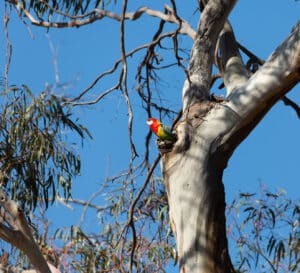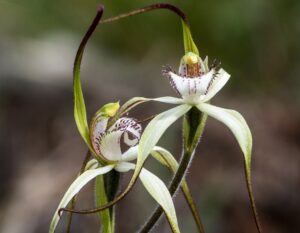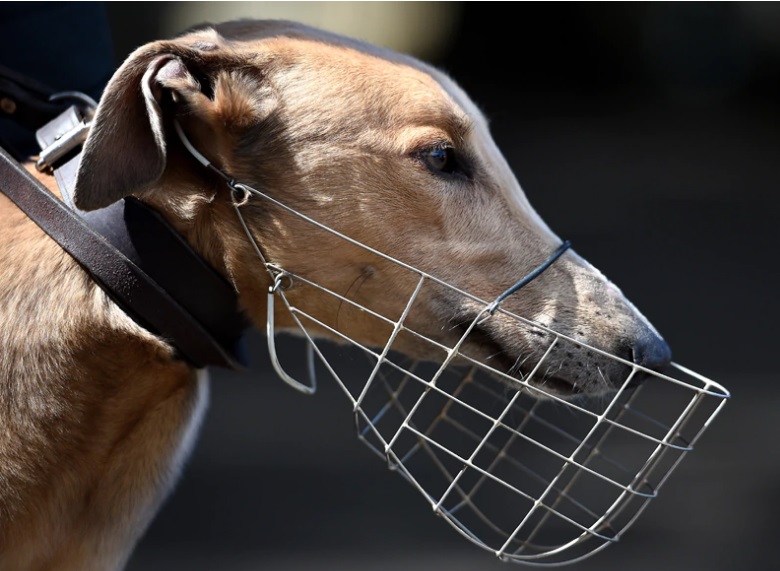Humane World for Animals Australia has applauded imagery unveiled by City of Sydney Council, detailing the bulldozing of the greyhound racing track SYDNEY (21 October 2025) Humane World for Animals Australia is applauding City of Sydney Council and Lord Mayor Clover Moore, offering support for the Council’s plans for Sydney’s...


Left: The woodlands of Milford offer essential bird nesting sites including tree hollows. Photo credits: Garth Smith
Right: Sagg spider-orchid (Caladenia saggicola). Photo credits: Geoff Curry
Milford
Tasmania • CAMBRIDGE
Near Hobart Airport in Southern Tasmania is a hidden treasure: Milford Forest, comprising 40 hectares of old-growth white-gum woodland managed for conservation since 1829.
Milford’s current custodian is Robyn Lewis. Her family has owned the 120 hectare farm since the original grant; Robyn became sole custodian in 2017. It is the eighth oldest family business in Australia.
Milford Forest comprised a third of the property and is regarded as the most biodiverse habitat in southern Tasmania, due to sound management, and two centuries of clearing and degradation of similar areas elsewhere. Some trees are 300–400 years old and contain many nesting hollows, making this an important bird breeding and refuge area.
The forest is home to 30 orchid species including two found nowhere else in the world, listed as Critically Endangered. Other Federally-listed species include wedge-tailed eagles, masked owls, Tasmanian devils and quolls.
Because Milford’s title predates 1840 it extends to high water, which means its two kilometre shoreline plus wetlands are also protected. These are havens for nesting shorebirds and migratory birds including eastern curlews, red-necked stints, and bar-tailed godwits.
Installing ‘no entry’ signs on Milford’s beach has reduced foot traffic by 99%. Dogs were the biggest threat, eating eggs, killing fledglings, and chasing birds. Horses and people used to trample eggs and nests. The current main threats are feral cats and climate change.
Robyn studied Economics and Botany at the University of Tasmania, then a Master’s degree at Oxford University, specialising in forest ecology. She is implementing a five-year plan developing ecotourism and setting conservation objectives in place to secure Milford Forest’s preservation, with a new solar-powered EcoCentre enabling people to connect with the land and interpretative tours planned from spring.
Joining HSI’s Wildlife Land Trust has helped raise awareness of Milford Forest and conservation. Recently Robyn won Tasmania’s Inaugural Community Biosecurity Award, Clarence Council’s Environmental Sustainability Award 2022/23, and was inducted into Landcare’s Honour Roll.
Learn more about Milford Forest and its unique species at https://facebook.com/groups/milfordforestttasmania and how you can support and be inspired by Milford Forest at https://landcaretas.org.au/
Robyn Lewis
Member since 2023


